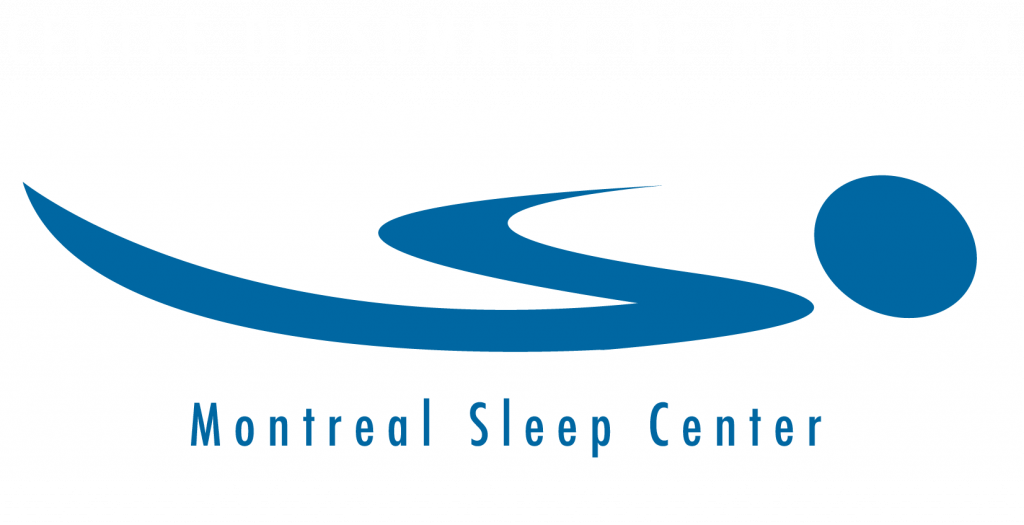A cardiorespiratory polygraphy (AKA simple PSG) is a test to diagnose certain sleep disorders, including sleep apnea. The test is performed in the comfort of your own home by wearing a small, easy-to-use device while you sleep that measures several important parameters such as oxygen saturation and airflow. A polysomnography device measures if there are apneas occurring, the type of apnea, and the severity of the apneas over the course of the night.
The process begins by scheduling an appointment at the Montreal Sleep Centre. At the initial appointment, our technicians will ask about your medical history and symptoms. You will be explained how to use the sleep testing device and sent home to use the device that night. The appointment in our office takes 20-30 minutes.
The following day, you will return the equipment to the clinic and a technician will take five minutes to review the quality of the recording. No appointment is necessary when you are coming back to return a sleep testing device.
If the test data is accepted then it will be sent to our analyst for interpretation and then to our sleep specialist physician for a final review. If for any reason the test must be repeated, the machine is re-programmed, and the patient is sent home for an additional night of testing. There is no extra charge if a test must be repeated.
The results are always delivered to patients within 7-10 business days of performing the test. The report sent to the patient is a 3 page diagnostic report that includes test results, diagrams of the parameters measured, an interpretation of the results, and a recommendation for treatment.
The different polygraph sensors can measure the following elements of your sleep:
The diagnostic method by cardiorespiratory polygraphy offers various advantages:
Do you suffer from severe snoring? Do you often wake up at night because of interrupted breathing? You should have a sleep apnea test, since you may be at risk. Visit this page to learn more about snoring problems.
A simple test could reveal a sleep apnea disorder. If sleep apnea remains untreated, it is likely to cause long-term irreversible damage. In addition, it is a disease that can prevent you from getting restful sleep due to the many sleep interruptions, which can lead to chronic fatigue.
A warning sign of sleep apnea is snoring. This is important for monitoring sleep apnea. Looseness of the tongue and throat tissues reduces the space available in the airways. If the sagging is severe, it can block the airways, which causes sleep apnea.
Sleep apnea can be cured in some cases and in others, it cannot. However, we can treat it with different means to reduce the impact and improve the quality of sleep. The usual treatment is the use of the CPAP machine.
There are different ways to take a sleep apnea test. A common means is cardiorespiratory polygraphy. It is a small machine that the user sleeps with for one night. The device collects airflow and blood oxygen data for the diagnosis.

Monday – Thursday : 9h00 – 16h30
Friday 9h00 – 15h00
Saturday – Sunday: Closed